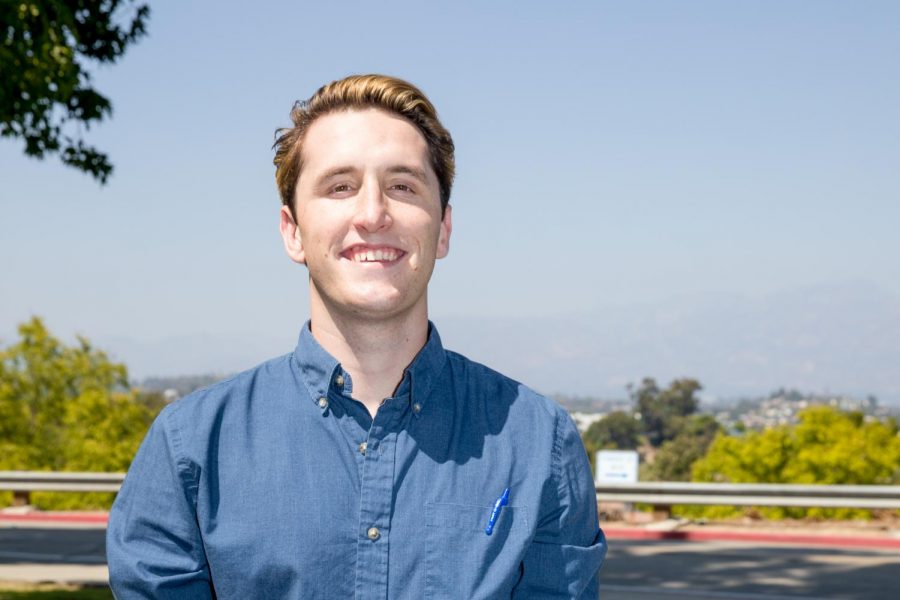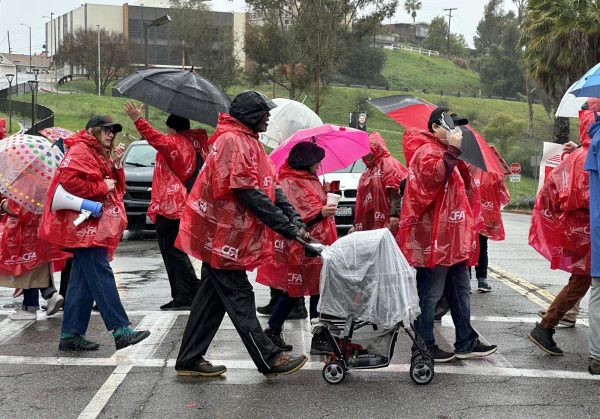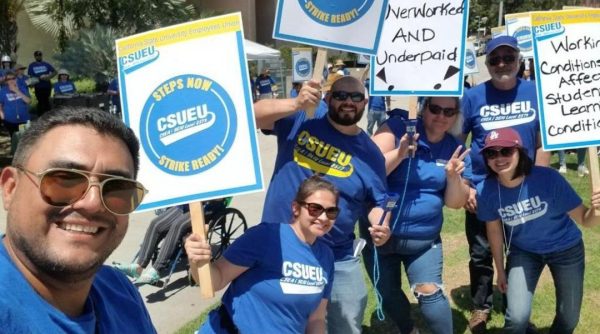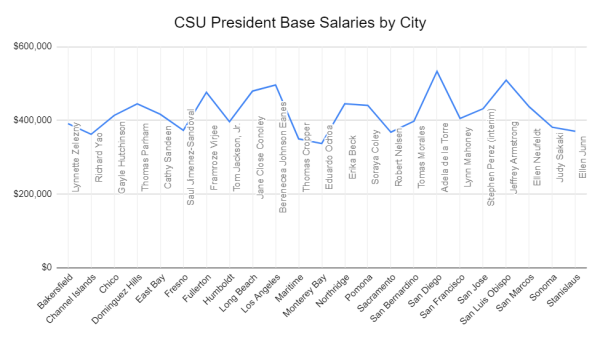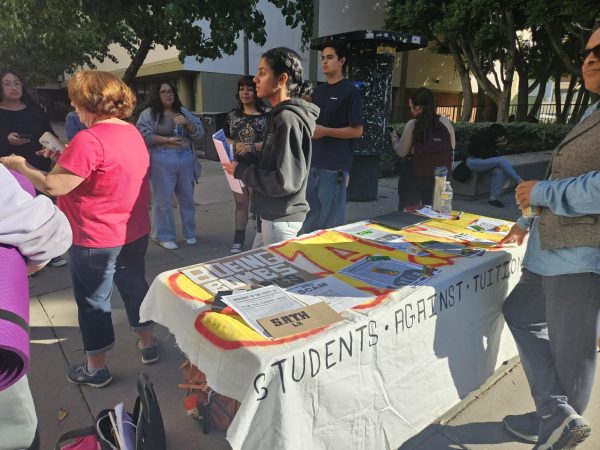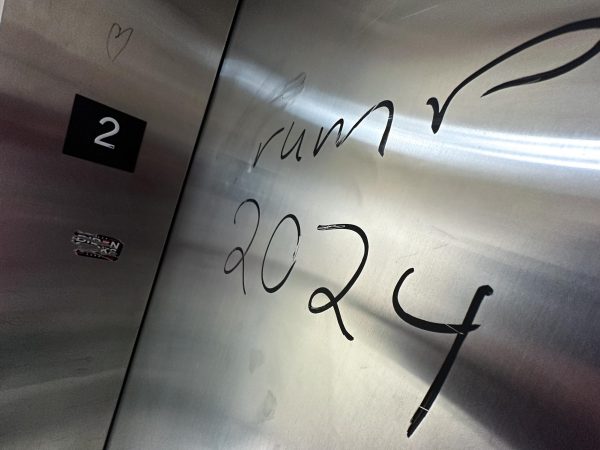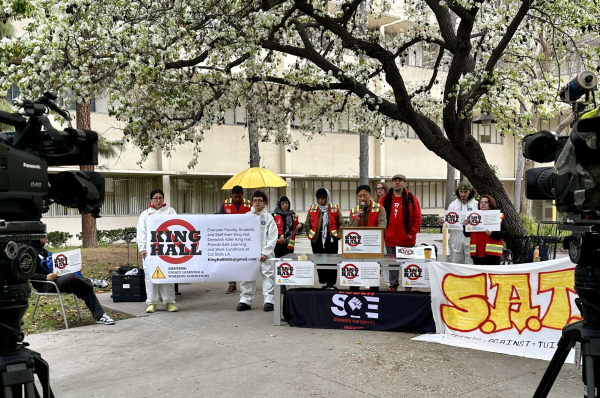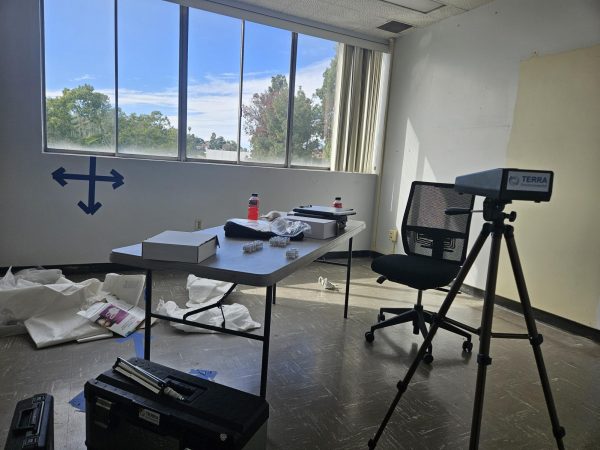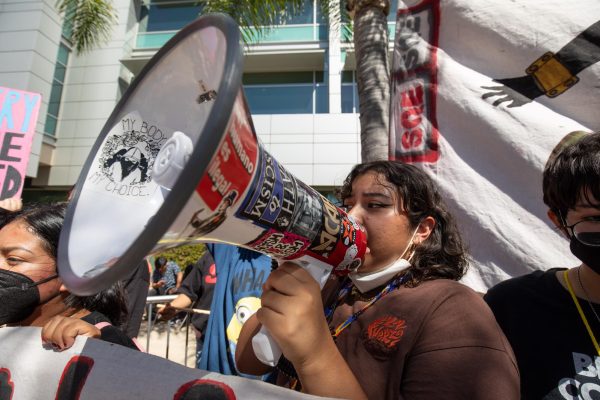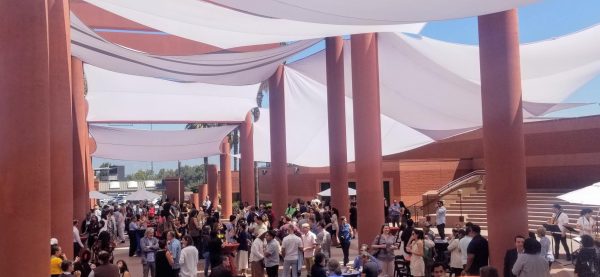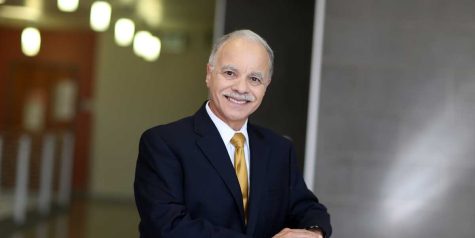Editor-in-Chief Addresses
After publishing the impaction cover story last week, we had various individuals write to us expressing their concerns and opinions of the situation. This week, I will be taking a moment to provide my opinion to one submission in particular. Specifically, the writer submitted four points that they requested written responses to.
Hello. I would like to please ask for written responses to the four points below:
1. Impaction is an important decision that should be evaluated using verifiable and appropriately cited research data which analyzes consequences and projections. Where can students and faculty find the raw data that supports the specific decision to make CSULA an impacted school? Where is the raw scientific data on how impaction would change the demographics of CSULA?
The official statement on the CSULA website lists percentages of demographic groups and how they would be affected by impaction. Where is the data that supports this information?
2. What date did internal discussions about making CSULA impacted begin? If public comment is important, why are the public comment sessions all being held less than 14 days before the decision is being made? Why did the all-student email from President Coving not include the location for the public comment sessions? Why were translators not made available in advance? Why were all the sessions held in the same 3-day span? Why was the public comment session for an issue impacting 1000’s of people held in a 200-person capacity room at CSULA and originally scheduled for just 1.5 hours?
The current sentiment is that all these decisions above were made because community input is not being used in evaluating how impaction will affect CSULA. These public comment sessions were held just for the sake of saying the school allowed for public comment.
Whether the research data supports making CSULA impacted can be open for further review. However, it is very clear to the CSULA community that there was not a good faith effort made to include the CSULA community in this decision.
3. Is it true that President Covino intentionally allowed for over enrollment in recent years in hopes of being approved for a larger budget – and that now that this larger budget has not been received- impaction is the apparent solution being proposed to fix this mistake?
4. What other options outside of declaring CSULA an impacted school have been explored? Can the CSULA community please be provided details on these alternate solutions?
Thank you,
Concerned CSULA Student
Hi Golden Eagles,
I will go over each point in order.
In regard to data that supports the decision to make Cal State LA an impacted school, we have utilized both the Cal State LA annual fact sheet that lists demographic and financial data from 2012 to the present, and the university’s official data on “Proposed changes in impacted programs and approach”. Please visit http://www.calstatela.edu/provost/admission-proposal-plan for more information. For a faculty, staff and student website that offers documents, studies and data about impaction, please visit https://www.notoimpaction.com/cacti.
According to several faculty, the first that they learned of impaction proposal plans was after fall 2018 semester ended and they were called to an informational meeting. Specifically, on Dec. 20, 2018, faculty were invited to a continental breakfast with the Provost to discuss enrollment challenges and impaction. You’re right; public opinion is critical. This is exactly what students, faculty and staff are complaining about. They need time for dialogue and are requesting the one-year moratorium for the implementation of the proposal. For more information regarding the impaction sessions, read this week’s cover story.
During the hearing last Thursday night at the university, Golden Eagle Justice organizer Danielle Mayen brought to Covino’s attention that it was his decision to over-enroll students when he first came to the university, and that we are now suffering the consequences. Covino’s response at the hearing was a nod of acknowledgment.
According to Provost Mahoney, they (administrators) have looked at other options, but have not found a solution. Until administration decides to disclose this information, the university community will be in the dark. Students, faculty and staff continue to protest and challenge impaction as they demand a one-year moratorium to consider the proposal.
For more information regarding the impaction proposal, the university’s claims and student, faculty and staff standpoint, please visit the aforementioned websites.
Sincerely,
Kyle M. Frizol

